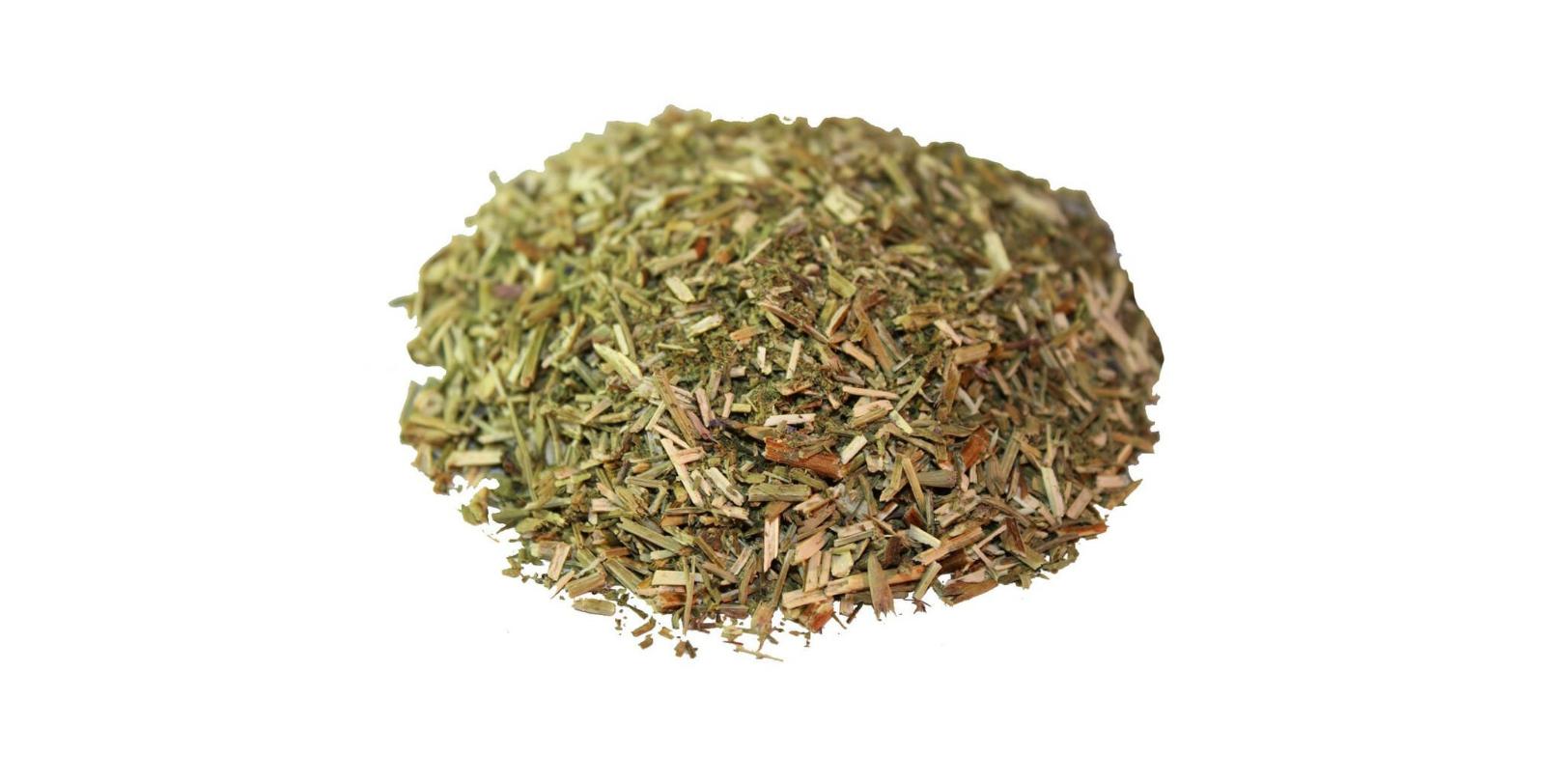Popular herb Sage found to be heavily adulterated in Queen’s University Belfast study
How safe is your Sage? That’s the question posed by researchers from the School of Biological Sciences after finding more than a quarter of samples of the popular herb were adulterated – some by as much as 58%.

The team carrying out the research, led by Professor Chris Elliott OBE, previously uncovered the high extent of fraud in Oregano supplies. That 2015 research, undertaken in partnership with consumer organisation Which?, found that around one in four samples contained ingredients that were not Oregano and caused shockwaves through the herb and spice industry. The findings were followed up by a number of food-standards agencies around the world, resulting in at least one prosecution.
In this latest study, 19 samples of Sage were examined between August and September 2020 at IGFS in Belfast. The samples were bought from major online retailers; all the well-known UK supermarkets; and smaller, independent shops such as ethnic grocery stores.
What might be reassuring for some consumers is that none of the brands sold by the big UK supermarket chains was found to be fraudulent. Only some Sage sold by online retailers and smaller independents was found to have been bulked out with olive leaves and/or leaves from other trees. While the leaves detected are not believed to be harmful, food fraud always carries the potential for food-safety and public-health hazards.
What also might constitute good news is that adulteration in Oregano has apparently reduced significantly since 2015. A total of 20 Oregano samples were tested alongside the Sage in Summer 2020, as a follow-up to the 2015 research. The 2020 survey found only one instance of Oregano adulteration – a fivefold drop.
The methods used in the 2020 study comprised a tailored blend of spectroscopy and chemometric modelling to identify a food ‘fingerprint’, developed by Prof Elliott and his team at the ASSET Technology Centre in Belfast. These innovative methods, which have been ISO-accredited, are the subject of a publication for the Journal of AOAC International. The analyses were carried out by Bia Analytical Ltd, a recent spinout company from Queen's University specialising in the authenticity testing of foodstuffs.
The results of this latest snapshot study have been shared for potential follow-up with the Food Industry Intelligence Network; the National Food Crime Unit; and the Scottish Food Crime and Incidents Unit. All of these organisations were established as a direct result of the 2014 Elliott Report, an independent review led by Prof Chris Elliott into the integrity of the UK food industry after the horsemeat crisis.
Speaking about the latest results for Sage and Oregano, Prof Elliott commented: “I am sad to confirm that once again we have identified a major problem linked to the supply chains associated with supplies of herbs and spices to the UK consumer.
“The potential to cheat in these supply chains has been recognised as a global issue. Testing has shown that just over 25% of all Sage samples analysed were heavily adulterated.
“On a more positive note I am pleased to advise that after the shockwaves caused by our original Oregano study in 2015, in our new survey only one incidence of adulteration of Oregano was found. This clearly shows that when supply chains are checked it reduces the incidence of fraud substantially.
“All of the Sage samples that were found to be adulterated were purchased from small, independent retail chains or from global online retailers and none was from the UK supermarket chains sampled.”
